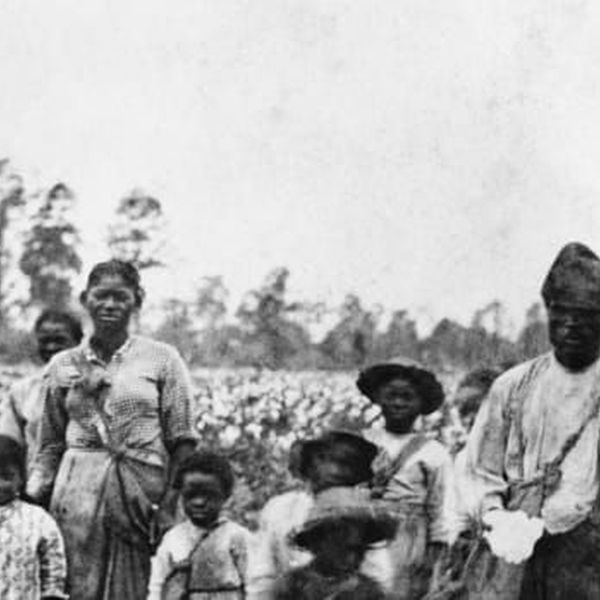Slavery and The 13th Amendment
First, slavery and racism have been a life of struggle. The African Americans wanted the freedom, while the plantation owners wanted free labor. Frederic Douglass was an equal rights activist, the real face of slavery and freedom, his determination and struggles to free himself and others (“usHistory.org”). His experiences show that slavery was evil, savage and inhumane. He taught himself how to read and write because he believed that literacy has the power to end slavery (“UsHistory.org”). Frederic achieved the unthinkable, he authored several books, run a printing press business and married a young white woman (Cobbs et al., 337). The race problem thus can be addressed if the African Americans take decisive steps towards correcting the twisted perception that African Americans have lesser rights or opportunities.
The life of Frederic Douglass shows that it is possible and it’s doable all that is required is the will. However, the challenge has been how to guarantee freedom from slavery and discrimination. The 13th amendment ended slavery but failed to address African Americans political rights (Derrick, 10). The 13th Amendment though celebrated as guaranteeing freedom to all including former slaves it is a tool used to incarcerate the African Americans. The legislation appears to institutionalize the criminalization of a whole race twisting the perception that African Americans can only be criminals. Fighting injustice achieved through community organizations that provide mentorship, direction, and guidance to the majority. The freedom to make the 13th Amendment documentary that analyses the history of the African American race I believe is part of facing the truth, raising consciousness in a deliberate activity towards national discussions to create a better America. There is need to empower the African American population through education, civil rights, and social support to reduce the criminalization of a whole race. The Enron scandal shows that whites are equally criminals in far worse proportions that can destroy the American economy.
Need to Address Racism Issues Today
Moreover, the prejudice, mistreatment, and discrimination need to be accounted and compensated. Ta Nehisi agitates for reparation for slavery and racism based on historical injustice (The Atlantic, 67). The evidence of unfairness and prejudice includes slavery, rape, exclusion, and segregation. The writings of Coates Ta Nehisi are making a spirited effort to discuss the issues of race, a subject that makes people uncomfortable. It is time this discussion it started in the streets, homes, places of work, in the politics of America with the aim of creating harmony, respect and equal opportunities for all. The public schools are underfunded implying that the disadvantaged continue to suffer exclusion that is systemic and institutionalized. The demographics indicate that the White American population is decreasing, the immigrant populations the Hispanics is increasing. To make America great again there is need to invest honestly in racial relations and equal opportunities.
Ultimately, the problem of slavery and racial segregation are human-made problems. The history of America includes slavery, rape, racism and economic exclusion. Addressing the issue of slavery and making efforts to correct the wrongs done in the past takes courage, real dedication, and commitment in talking, discussing the race problem in our homes through the media and the communities. As Ta Nehisi has evidently triggered national debate through his books, television appearances and having his views discussed in colleges is part of the national healing. Sweeping the problem under the carpet will never solve the problem. We have to talk about the ills of slavery, racism with the aim of national healing and the promotion of a United States of America where opportunities are abundant to all irrespective of race.

